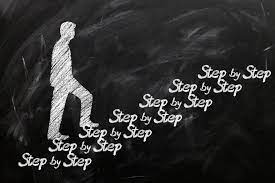 Self-regulation, within the space of wellbeing, is actually emotional self-regulation. In other words, the capacity of managing our emotions on a daily basis. During the day, we experience a range of different emotions, from joy, love, and peace to anger, frustration, anxiety — and the way we respond to events will determine our state of being. The important point here is that we have a choice, we always have a choice: we can choose to give free rein to negative emotions and dwell on them, or we can choose to acknowledge these emotions, find a solution, and move on.
Self-regulation, within the space of wellbeing, is actually emotional self-regulation. In other words, the capacity of managing our emotions on a daily basis. During the day, we experience a range of different emotions, from joy, love, and peace to anger, frustration, anxiety — and the way we respond to events will determine our state of being. The important point here is that we have a choice, we always have a choice: we can choose to give free rein to negative emotions and dwell on them, or we can choose to acknowledge these emotions, find a solution, and move on.
In my opinion, free will is the faculty of choosing what is best for us. Now, here is when we can start talking about self-mastery, because there is a slight difference between self-regulation and self-mastery.
What is self-mastery? According to the Merriam-Webster Dictionary, self-mastery is the ability to control one’s own desires or impulses. However, when we are talking about consciousness, the meaning of self-mastery becomes a bit broader, because it also means to have the ability to act in certain challenging situations in a controlled manner, peacefully and harmoniously. There are many techniques out there to help us with this process, because it really is a process. Self-mastery is not something that you are born with, it is a quality that you acquire through your life’s journey, and many of us never get it completely.
The first step to self-mastery is actually acknowledging that there is such a thing. People in general are pretty good at controlling themselves, at self-regulating themselves, but when it comes to basic emotions like anger, for example, only a few can say that whatever the situation they are in, they are able to remain calm and composed. Therefore, first we need to incorporate into our vocabulary the word self-mastery, and comprehend and experience its meaning.
The second step is to practice self-regulation to get closer to self-mastery, which is not an easy task. How do we do this?
There are a few steps you can take, for example:
- breathe deeply when confronting a difficult situation
- count to 10 to calm yourself
- go outside to get fresh air
- close your eyes for a while
- feel your heart beating and try to pace it, etc.
Now, you can certainly try all of these easy actions and not see results, or maybe you can find one or two that work, but not all the time. In these instances, keep trying until you find what is best for you.
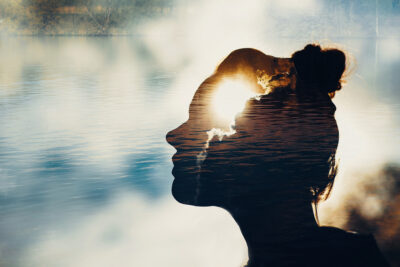 The third step is when consciousness comes into play. When I say “consciousness” I am talking about that inner awareness of being more than flesh, being part of something larger, where we are one and unique, where there is peace and there is freedom. As conscious beings we know that our inner self plays a role in our wellbeing, and if we are able to go to that internal place, then we can receive the benefits of understanding that everything comes from within and that we are in charge of our own life.
The third step is when consciousness comes into play. When I say “consciousness” I am talking about that inner awareness of being more than flesh, being part of something larger, where we are one and unique, where there is peace and there is freedom. As conscious beings we know that our inner self plays a role in our wellbeing, and if we are able to go to that internal place, then we can receive the benefits of understanding that everything comes from within and that we are in charge of our own life.
Several tools give us the power of self-mastery. The regular practice of meditation or any other techniques that awaken and elevate our consciousness will make our life in this physical field more masterful. The idea and intention is to become little Buddhas, remaining calm and composed in the face of adversity — and in happy times, too.
Find our own unique way to connect with the Source. You might call it Spirit, the Great Architect, Archetypal One, Origin, whatever you prefer, because when we are wired to those realms of consciousness we experience deep inner peace and harmony and we become co-creators, together with the Source. We then are attuned to the fields of superior perfection.
Let’s recap:
- Acknowledge that self-mastery is not only a concept, it is a way of being.
- Practice self-regulation techniques, which get you closer to self-mastery.
- Be aware of being more than a body, and that everything comes from within.
- Find a way to connect with the Source and co-create your daily life from this connection.
Through practice and discipline, we can face any situation in a state of inner peace and calmness. Sure, from time to time we might forget that we are here to learn to create with love, and that self-mastery is the most important component of this learning. However, I can assure you that if we are able to pause, rethink and change our ways of reacting, sooner than later we will achieve self-mastery and accelerate our process of ascension.
About the Author:
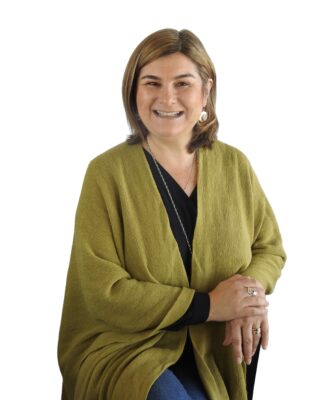
Veronica Sanchez De Darivas is Chilean-Australian, now living in the UK and a proud mother of teenage twins. A spiritual awakening teacher, bestselling author, pineal gland (third eye) activator and Certified Instructor for the Cyclopea Method, Veronica is currently the only instructor in the world teaching the Cyclopea Method in English.



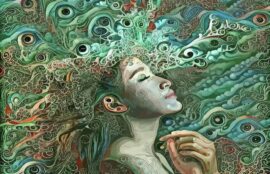

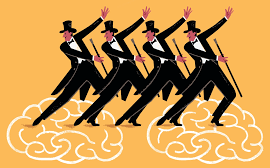

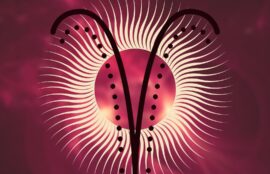
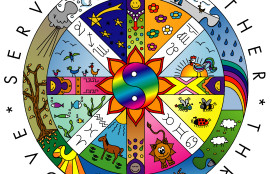
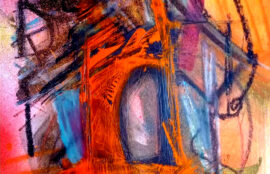


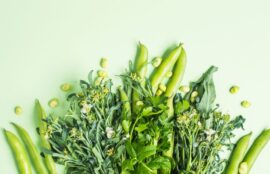
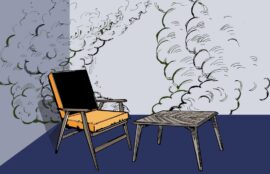

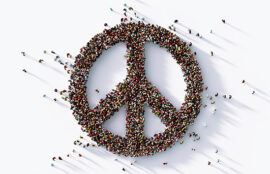

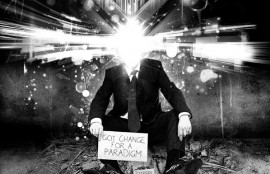
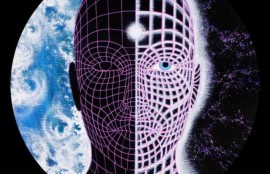
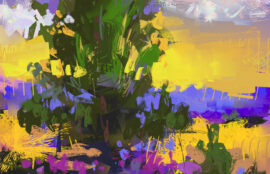

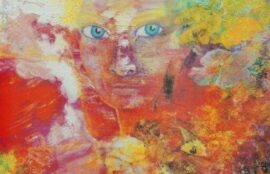
Sorry, the comment form is closed at this time.